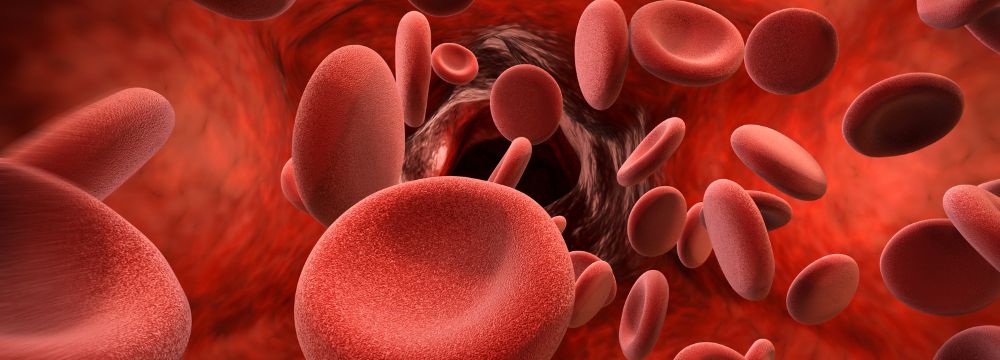The Effectiveness of Medication on Stroke Risk in Afib Patients

The technological advances in medicine and particularly electrophysiology are pretty stunning. Today, we perform many procedures minimally invasively – the stuff of dreams just two decades ago. However, with all the technology developed so far, we must still discuss the significant benefit of medication in patients with newly diagnosed Afib and other heart rhythm disorders.
Medications for Afib
While it is easy to administer and prescribe, easy to take, and in many cases very effective, ultimately, medication doesn’t treat the underlying arrhythmia. The idea of a one-and-done procedure may seem to be more palatable. There are also side effects of medical therapy. However, this article discusses the possibility of medication as an exceptional benefit in preventing stroke in Afib patients.
Understanding Why Afib Patients Have Higher Stroke Risk
A patient suffering from Afib has a five times higher stroke risk than one that does not have the condition. This is because of a small outpouching of the heart known as the left atrial appendage or LAA. This pouch, hanging off the left atrium, fills with blood and empties relatively efficiently in patients who do not have Afib. However, those suffering from Afib often cannot move blood efficiently in and out of the LAA due to their irregular and fast heartbeat. This allows the blood within the LAA to coagulate. Ultimately, if a clot breaks off, it can travel to the brain and cause a stroke.
Medication such as anticoagulants – colloquially known as blood thinners – to stop the production of clotting factors is a standard first line of defense against Afib. Some patients may also be prescribed antiarrhythmics to control irregular heartbeat. These medications are exceptionally effective in reducing the likelihood of an Afib-induced stroke. They are arguably the best treatment to keep that risk as low as possible.
Then Why Isn’t Everyone on Medication?
The short answer is that not all patients react the same way to medication, and some do not react positively. What does this mean? For some, medication effectiveness wears out over time, requiring progressively higher doses or an alternative. For others, there may be unacceptable side effects to the drug. Ultimately, about 50% of patients will not tolerate the medication well.
Procedural Alternatives
Of course, while we all hope that medication will be effective, there must be an alternative, which we have in the form of left atrial appendage occlusion or LAA closure. Tiny medical devices such as the Watchman or the Amulet are placed over the opening to the LAA and seal any clots off from the rest of the heart. These are permanent procedures that also effectively reduce stroke risk.
Both LAA closure procedures are performed using advanced catheter technology, which only involves a tiny incision in the groin and a very short recovery period. While some patients can remain on anticoagulants even after a procedure, they can typically take a far lower dose.
Dr. Moretta specializes in minimally invasive catheter-based solutions to Afib, including cardiac catheter ablation and managing stroke risk with procedures such as the Watchman and Amulet. Please schedule a consultation with our office to learn more and determine the best next steps.